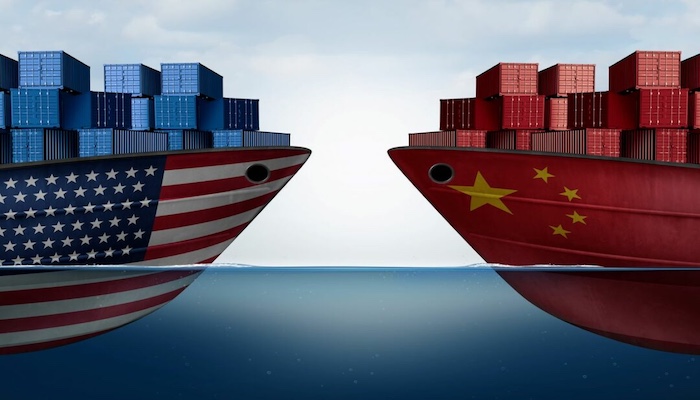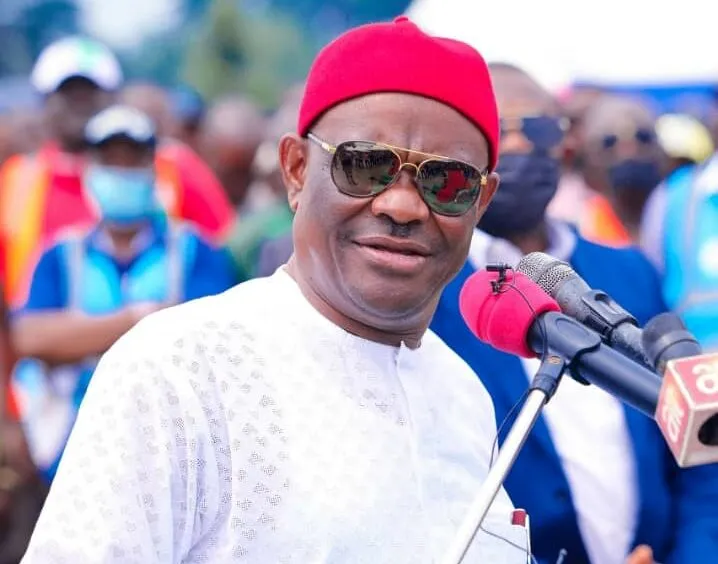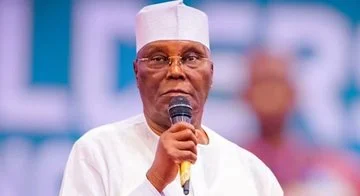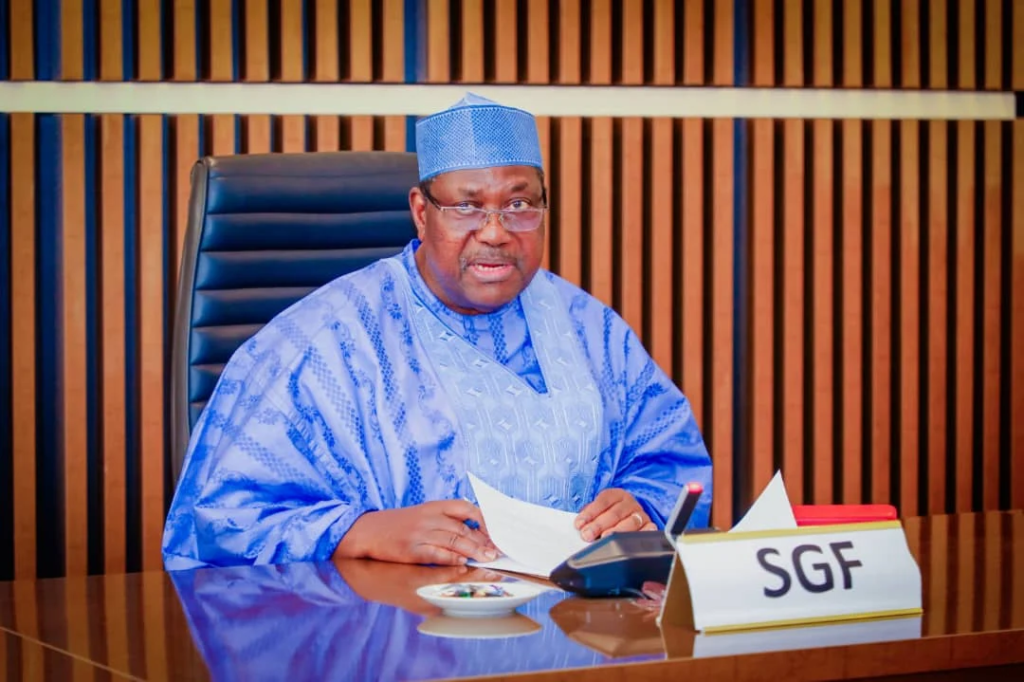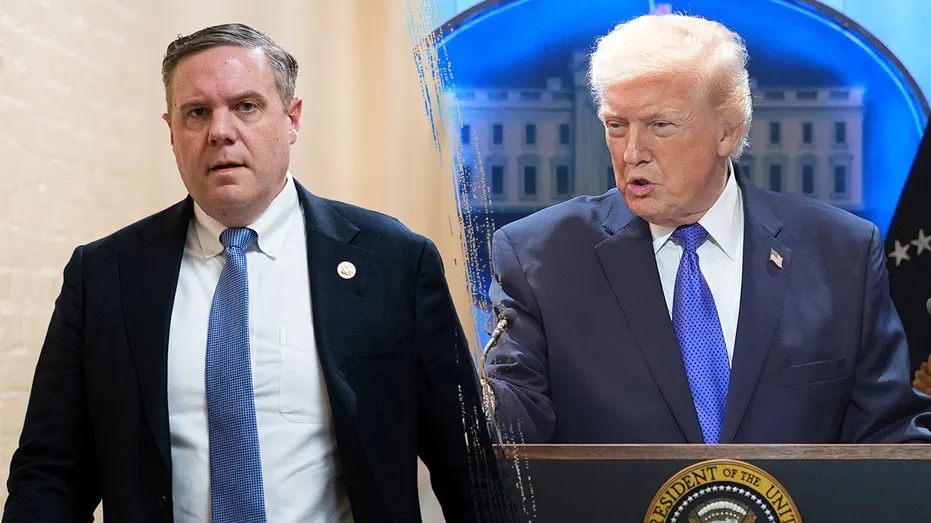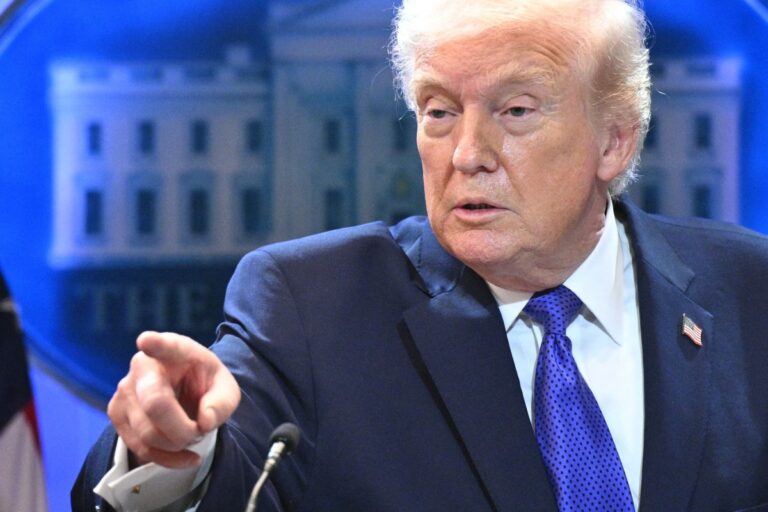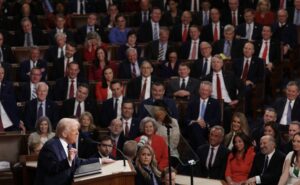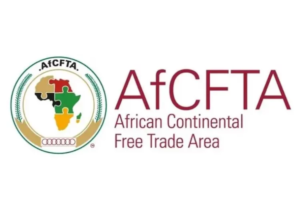The Trump administration is preparing to propose significant tariff reductions in upcoming talks with China, in a bid to ease economic pressure and de-escalate long-running trade tensions.
Talks are set to begin Saturday in Geneva, led by U.S. Treasury Secretary Scott Bessent and Chinese Vice Premier He Lifeng. According to sources close to the negotiations, the United States is considering lowering tariffs on Chinese imports to below 60%—down from current highs of up to 145%—as a goodwill gesture, hoping for reciprocal moves from Beijing.
While no concrete agreement is expected this weekend, the talks are seen as a first step toward broader negotiations. The discussions are expected to be exploratory, with both sides expected to air grievances rather than reach an immediate breakthrough.
The U.S. is seeking concessions on two key issues: the removal of Chinese export restrictions on rare earth elements essential for high-tech manufacturing, and a reduction in Chinese exports of chemical components used to make fentanyl, which U.S. officials link to the country’s opioid crisis.
Although Treasury and U.S. Trade Representative Jamieson Greer declined to comment, White House spokesperson Kush Desai reaffirmed the administration’s commitment to President Trump’s “America First” economic agenda, while declining to confirm specific tariff targets.
President Trump hinted at tariff relief in remarks Thursday, saying, “You can’t get any higher — it’s at 145%, so we know it’s coming down.” The comments helped boost U.S. stock markets, with investors welcoming the possibility of a thaw in trade relations.
Commerce Secretary Howard Lutnick also expressed support for easing tariffs, calling it a “necessary first step” toward future agreements. Asian markets reacted positively as well, signaling cautious optimism.
In Beijing, Chinese officials remain wary. Senior economist Song Hong said that if the U.S. lowers tariffs to 60% or below, China would likely respond proportionally, but emphasized that the U.S. should make the first move.
Trade experts warn, however, that even substantial reductions may not fully undo the damage. “Even halved, these tariffs would still be well above pre-trade war levels,” said former U.S. negotiator Wendy Cutler.
Scott Kennedy of the Center for Strategic and International Studies described the upcoming meeting as “a constructive small step in a 10,000-mile journey,” noting that any resolution would require prolonged and difficult negotiations.

